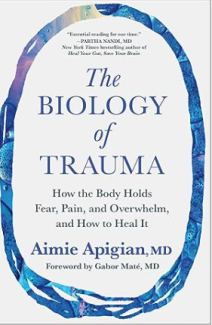The relationship between mental health disorders and substance use and integrated approaches.
Mental Health
Inflammatory Markers (Lymphocyte-Related Ratio) and Polysubstance Use Severity: Insights from a Bali Mental Hospital Rehabilitation Study
Background: Substance use disorders (SUDs) are a global health issue, contributing significantly to morbidity and mortality. Chronic polysubstance use exacerbates systemic inflammation, which is associated with addiction severity...
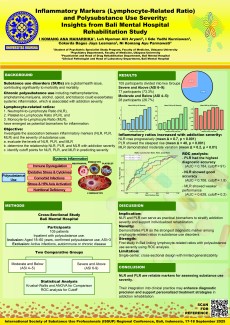
WHO Africa Mental Health Dashboard
The WHO Africa Mental Health Dashboard, accessible via WHO AFRO Mental Health Dashboard, consolidates key indicators into a single, interactive platform that enables users to track progress, identify gaps and align national efforts with...
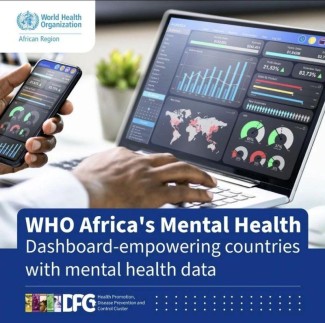
Mental Health of Nurses and Doctors survey in the European Union, Iceland and Norway
The Mental Health or Nurses and Doctors (MeND) survey, conducted by WHO Regional Office for Europe under a contribution agreement with the European Commission, aimed to explore the mental health, well-being and working conditions of doctors...
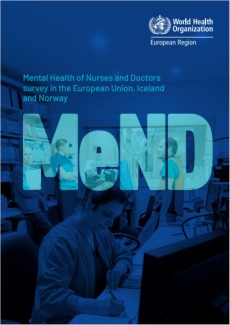
Navigating stigma: a qualitative study of barriers to opioid treatment engagement in Tanzania
Background Stigma related to drug use is a well-documented barrier to engaging and remaining on medication for opioid use disorder (MOUD), yet little is known about how stigma operates across multiple social and institutional settings in...
PREVALENCE OF ALCOHOL USE DISORDER AND ITS CLINICAL IMPACT IN BIPOLAR DISORDER: A SYSTEMATIC REVIEW AND META-ANALYSIS
Introduction: Bipolar disorder is among the most disabling psychiatric conditions worldwide and is frequently complicated by comorbid substance use disorders. Alcohol Use Disorder (AUD) is one of the most prevalent comorbidities, yet...
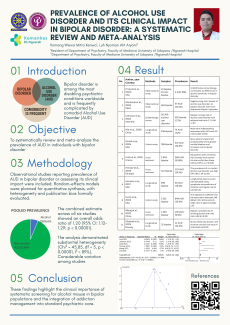
An Only Child versus a Child with a Sibling: Difference In Perfectionism and the Big Five Personality Traits
INTRODUCTION: Declining fertility and rising numbers of only children necessitate understanding their specific characteristics. The main objective of the present research study is to map the area of sibling constellations. It focuses on...
Webinar Reflection: Reimagining Prevention, The Role of Generative Artificial Intelligence
ISSUP, in partnership with the International Consortium of Universities for Drug Demand Reduction (ICUDDR), recently hosted an engaging and forward-looking webinar titled “Reimagining Prevention: The Role of Generative Artificial...
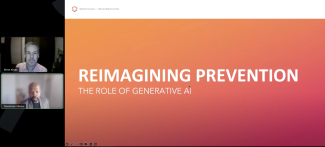
Navigating Change and Preparing for 2026
14-15 Belgrave Square, London
Fri 21 Nov 2025 9:00 AM - 5:00 PM GMT
The Biology of Trauma
This groundbreaking book breaks down the latest research to reveal how trauma impacts our bodies on a cellular level and offers an empowering path to whole-body healing. Today, we know more about mental health than ever before, but...
